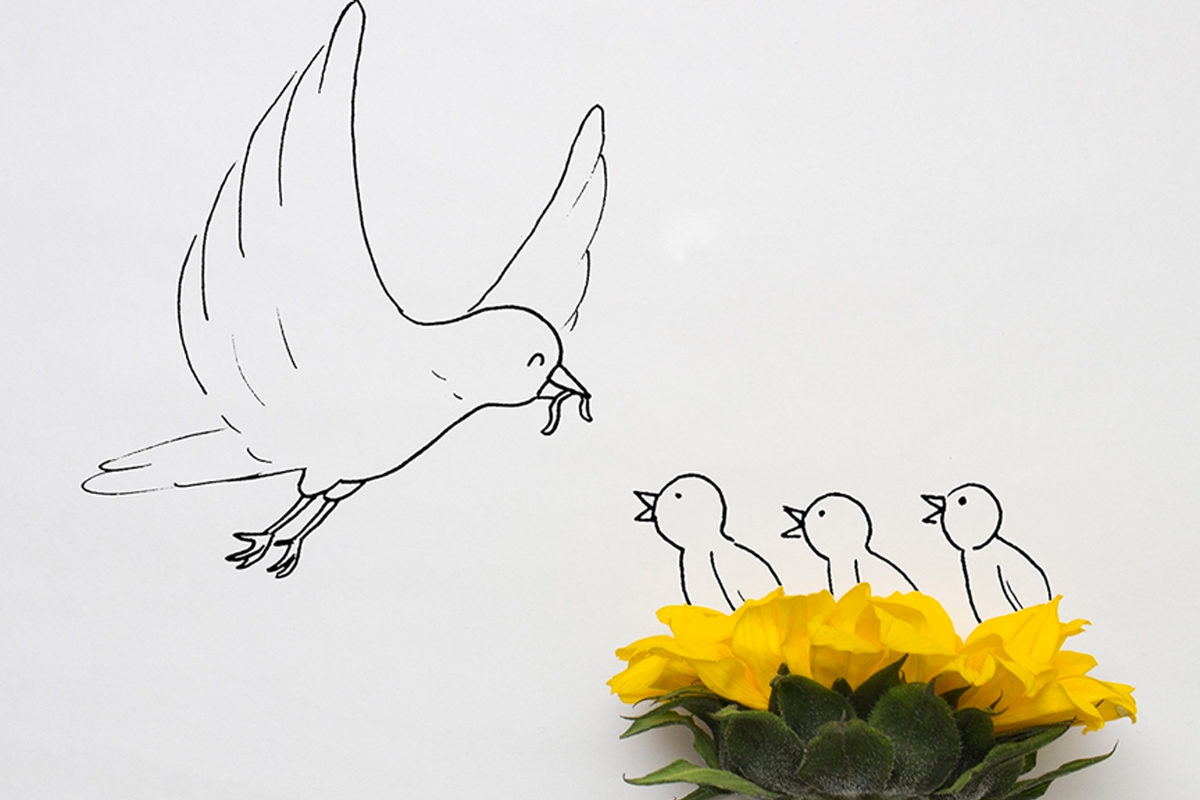I have a confession that may send some hate mail zinging my way, but here it is. I’m drowning in the deluge of articles, books, websites and Facebook support groups devoted to coping with an empty nest.
I’m worn out listening to weeping, wailing and comments about going “full fetal” from parents whose children are leaving for college.
It’s not that I don’t get it. I do. I remember how bereft I felt when my older son left for college. It left a fist-sized hole in my heart. The house felt sad and quiet, and our younger son felt it most acutely of all. When his big brother departed, he asked me, “Does this mean we’re divorced?”
It’s painful.
But it’s also a normal and necessary stage in a child’s development. Every parent facing down the prospect of an empty nest knows that. What I’m not always sure they realize, though, is just how fortunate they are to have children healthy and independent enough to leave home. Not everyone is that lucky.
Me, for instance.
I’m not going to have an empty nest. Our younger son is developmentally disabled. He is going to need a lifetime of support. He also has seizures, which means we can never leave him home alone. If we want to go out, we must still hire a sitter, even though our “baby” just turned 25. He’s not going anywhere until we’re ready to organize a group home for him, and right now he’s adamant about not leaving.
“I don’t want to live with staff, Mom, just with you,” he tells me frequently. He attends a government run day habilitation program with other disabled adults. Many of them live in group homes, so he’s aware of what lies ahead for him. Several of my friends have disabled adult children who have already made that transition, although their kids return home every weekend and on holidays.
These parents are still navigating the byzantine world of adult services, micromanaging medications, scheduling doctor appointments, and overseeing the hiring and firing of a revolving roster of group home caregivers, many of whom are frequently under-trained and underpaid by state agencies. They–and eventually, we too–will do this, until we are too old or sick to do so anymore. All of us worry incessantly about who will take care of our kids when we are gone. For families like mine, an empty nest is a chimera, longed for and forever out of reach.
Typical milestones don’t exist when you have a child with special needs. Early on you toss the “what to expect” books; they’re too painful to read when your child still isn’t walking or talking. You can’t take anything for granted. Will he have a bar mitzvah? Get a driver’s license? Attend senior prom? What if he can’t make legal, medical or financial decisions for himself? Will you have to make the gut-wrenching decision to petition the court to appoint you as legal guardian to your own adult child?
So you can see why when parents of college-bound kids tell me tearfully, “I’m holding it together –barely,” and dwell mournfully on such things as “this is our last meal as a whole family,” I feel a flicker of impatience.
I try to be supportive. I don’t callously point out that their child will be back before they know it, towing a duffel bag crammed with dirty laundry.
Instead, I listen, and offer sympathy and say that yes, change is scary and that transitions are tough.
I’m not making light of anyone’s pain. I also realize that just below the surface of my irritation, a subterranean vein of envy runs through me like a fault line. I am sad for all my son has missed out on—and may miss out on in the future. College. Career. Marriage. I rejoice for my older child who has left and is making his way so well in the world, and I grieve for the one who never will.
I mourn privately. Publicly I embrace the mantle of advocacy and optimism, because I’m well aware how fortunate I also am. I have it much easier than many. I have a strong marriage. Supportive extended family. Two beautiful children. A comfortable home in a safe neighborhood. Our disabled son is happy, funny, and empathetic. That last trait is one we cherish in particular, because for years so many so-called experts persisted in telling us that people with autism are incapable of empathy.
Even so, I often feel isolated. Different. We haven’t moved on in our lives the way most parents our age have. It’s not that we don’t have a social life. But sometimes friends will call us at the last minute to join them at a movie, forgetting that spontaneity doesn’t work for us.
Caregiving can be hard, and draining, and we’ve been at it a long time. I don’t regret anything I have done, only the things I haven’t. I wonder–probably too often–about missed opportunities. The truth, though, is that no matter how much a mother of a special needs child does, it will never feel like enough.
But even as I say this, I realize that isn’t the entire story. Sometimes I feel similar regrets about my nondisabled son too. I have an endless litany of would-haves, should-haves, and could-haves for both my kids. Maybe that’s just the nature of parenting. We do our imperfect best, and hope we have provided sufficiently strong scaffolding on which they will build their own meaningful and satisfying lives.
When a child leaves home, it is all about beginnings. For the parent left behind, it’s about loosening the ties that bind, a long unraveling that began in the delivery room when the doctor cut the umbilical cord. Launching children and learning to let them go gracefully is the life work of parenting. But some of us will never know how it feels to celebrate the beautiful, ordinary, extraordinary experience of children who fully fledge.








